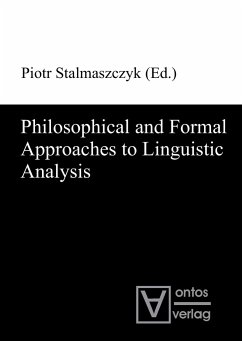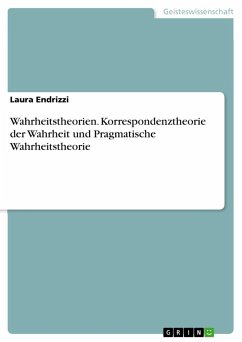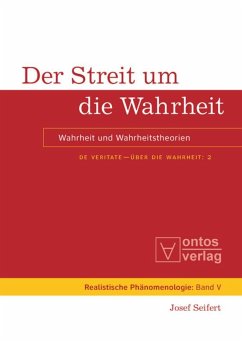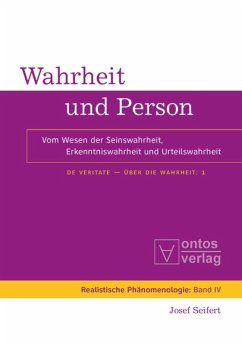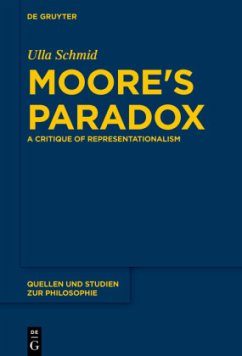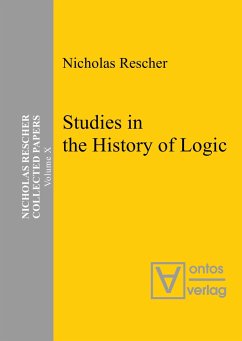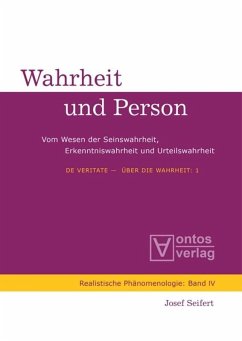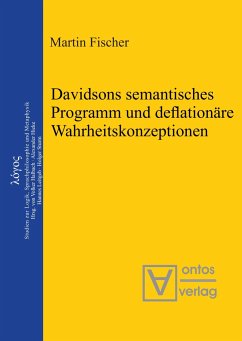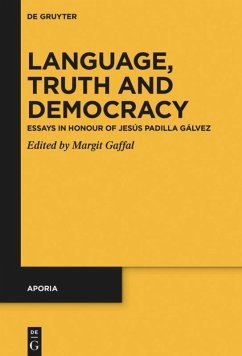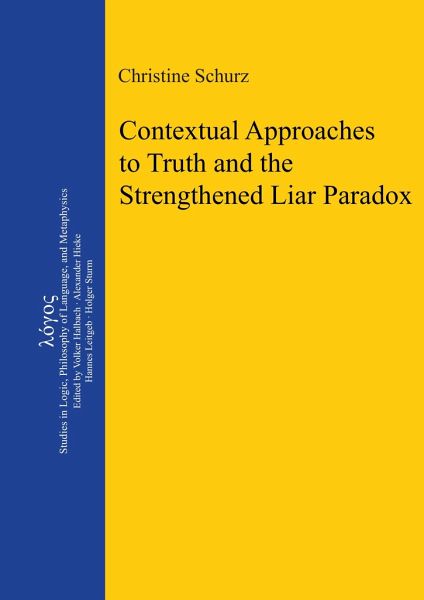
Contextual Approaches to Truth and the Strengthened Liar Paradox

PAYBACK Punkte
42 °P sammeln!
The problem of truth and the liar paradox is one of the most extensive problems of philosophy. The liar paradox can be avoided by assuming a so-called theory of partial truth instead of a classical theory of truth. Theories of partial truth, however, cannot solve the so-called strengthened liar paradox, which is the problem that many semantic statements about the so-called strengthened liar cannot be true in a theory of partial truth. If such semantic statements were true in the theory, another paradox would emerge. To proponents of contextual accounts, which assume that the concept of truth i...
The problem of truth and the liar paradox is one of the most extensive problems of philosophy. The liar paradox can be avoided by assuming a so-called theory of partial truth instead of a classical theory of truth. Theories of partial truth, however, cannot solve the so-called strengthened liar paradox, which is the problem that many semantic statements about the so-called strengthened liar cannot be true in a theory of partial truth. If such semantic statements were true in the theory, another paradox would emerge. To proponents of contextual accounts, which assume that the concept of truth is context-dependent, the strengthened liar paradox is the core of the liar problem. This book provides an overview of current contextual approaches to the strengthened liar paradox. For this purpose, the author investigates formal theories of truth that result from formal reconstructions of such contextual approaches.





